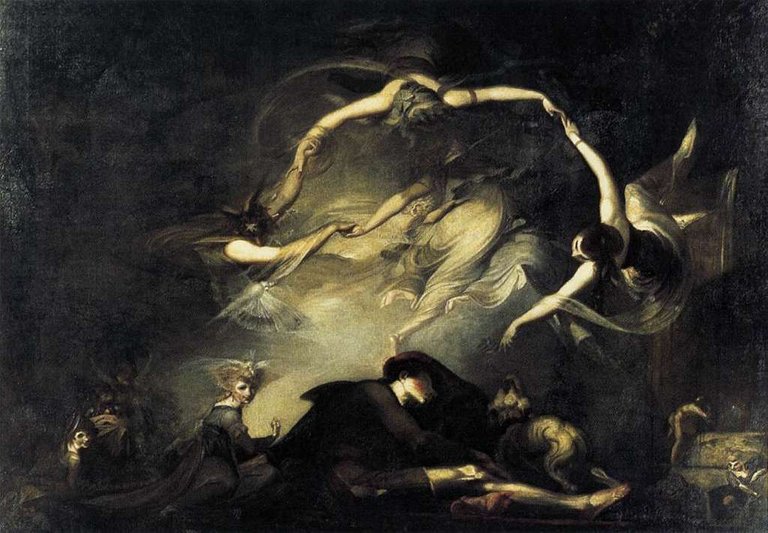When we sleep, we all see ourselves in another world, i mean the dreamland. Although so many people do not remember the dreams they have, we all have dreams. Every night we dream, and the length of the dream depends on the length of the sleep. The average dream for an 8 hour sleep goes to 45 minutes to an hour and these dreams come in cycles but then we need to understand that the first dream in our cycle is very short with a length of about 10 minutes.
Some dreams can be plain, some looking like they are not worth the time spent having them, some obscure and some bizarre. In all of this, why do we have these dreams?
In other to understand this, some people go to classes on how to under dreams and even get a certificate for dream interpretations such as that gotten from the “Institute for dream studies”. Well, it is left to people’s belief to determine if learning dreams and interpreting them is worth it or not. That said, why do we have dreams?
While answer to this question is a mystery lots of theories exist on why we have dreams and these give answers at least for now. For some people, dreams are random pictures while sleeping and do not mean anything while some people like Sigmund Freud who is referred to as the father of psychoanalysis believe in interpreting dreams. Sigmund believe that dreams are a way of expressing our secret primal desire but one criticism with his dream interpretation idea is that it cannot be supported by research.
Another person that believed in the interpretation of dreams is Carl Jung, and he believed that dreams are the direct expression of the unconscious and he agreed that dream interpretation was an emotional endeavor and not scientific.
Evolutionary psychological theories say that dreams are a mental device used to prepare us for the worst in our reality so we can cope with possible threats in reality. This is understandable seeing that in our world today, we tend to have nightmares that relates to our daily lives.
Since a lot of us have difficulty remembering dreams, scientists have been looking into a way we can remember them and researchers of the Massachusetts Institute of Technology (MIT) came up with a device known as Dormio. The prototype of the device can allow people to enter a Lucid dream state where they are aware they are dreaming and can influence what happens.
The device uses targeted dream incubation where the dream starts when the person is awake and continues through the sleep stage called hypnagogia (the transition moment between wakefulness and sleep). Dormio is able to track multiple metrics like heart rate, level of electricity in the skin, and the dreams. Studies have shown that it has a significant impact on knowing dreams.
In the ever-evolving landscape of dream research, one thing remains certain: the exploration of dreams continues to captivate and inspire, offering glimpses into the depths of the human psyche. As we unravel the complexities of the dream world, we embark on a journey of self-discovery, guided by the enigmatic whispers of the subconscious mind.
Reference
http://www.lucidity.com/NL11.DreamRecall.html
http://search.ebscohost.com.citadel.idm.oclc.org/login.aspx?
https://www.amerisleep.com/blog/avoiding-nightmares/
https://news.mit.edu/2020/targeted-dream-incubation-dormio-mit-media-lab-0721
https://www.livescience.com/dream-manipulation-machine.html
https://www.media.mit.edu/projects/sleep-creativity/overview/
https://amerisleep.com/blog/dream-hacking/
https://www.popularmechanics.com/science/a32206449/glove-hack-dreams-lucid-dreaming-sleep/





